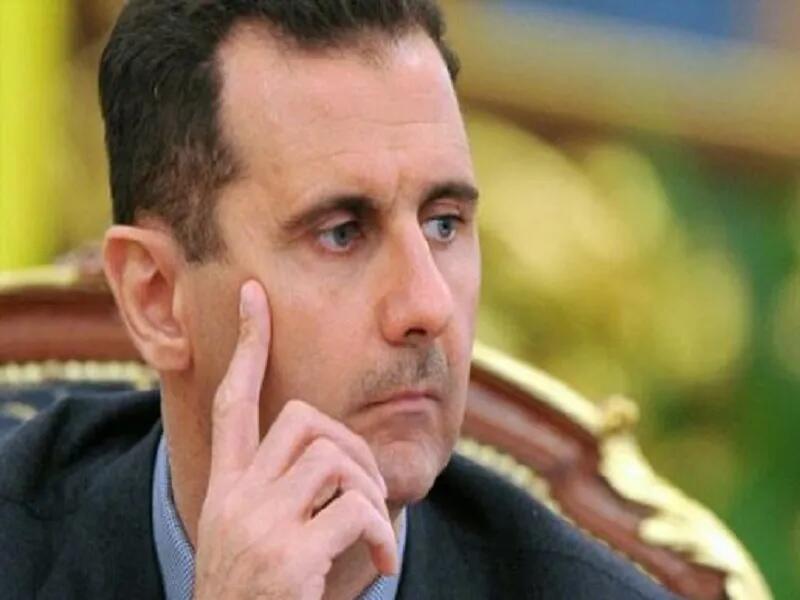Joe Biden sets off for Angola on Sunday on a trip that will deliver on a promise to visit Africa during his presidency and focus on a major, U.S.-backed railway project that aims to divert critical minerals away from China.
The project, partly funded with a U.S. loan, links the resource-rich Democratic Republic of Congo (DRC) and Zambia to the Angolan port of Lobito on the Atlantic Ocean, offering a fast and efficient route for exports to the West.
At stake are vast supplies of minerals like copper and cobalt, which are found in Congo and are a key component of batteries and other electronics. China is the top player in Congo, which has become an increasing concern to Washington.
China signed an agreement with Tanzania and Zambia in September to revive a rival railway line to Africa's eastern coast.
While Biden's trip is taking place in the waning days of his presidency, Donald Trump will likely back the railway and remain a close partner to Angola when he returns to the White House in January, according to two officials who served under the previous Trump administration.
Tibor Nagy, a retired career ambassador and top envoy to Africa under the last Trump administration, said Trump will likely have two overarching concerns regarding Africa. The first is competition with China and Russia, the second is access to critical minerals.
“This checks both boxes,” he said in an interview, referring to the Lobito Atlantic Railway (LAR).
The project is backed by global commodities trader Trafigura, Portuguese construction group Mota-Engil and railway operator Vecturis. The U.S. Development Finance Corporation has provided a $550 million loan to refurbish the 1,300-kilometre (800-mile) rail network from Lobito to Congo.
Biden was set to land briefly in West Africa’s Cape Verde on Monday morning, and meet the president there before flying on to Angola. He will visit the nation’s slavery museum in the capital Luanda during the two-day trip and stop at the Lobito port on Wednesday.
His trip delivers on one of a sweeping set of pledges to Africa. Others remain unrealized, such as backing two permanent seats for Africa at the U.N. Security Council.
Beyond the railway project, Washington has also done little to advance access to vast reserves of African minerals that it says are critical for national security, and has racked up other diplomatic setbacks.
This summer, it lost America's major spy base in Niger and has not been able to find an ally that will host those assets. This leaves the U.S. without military foothold in the vast Sahel region that has become a hotspot of Islamist militancy.
Angola has long nurtured close ties with China and Russia but has recently moved closer to the West. Angolan officials say they are keen to work with any partner that can advance their agenda to promote economic growth and hope the project spurs investment in a range of sectors.
“China has only gained prominence because Western countries have probably not been paying much attention to Africa,” Angola's transport minister, Ricardo Viegas d’Abreu, said in an interview.
GROWING TIES WITH ANGOLA
Biden's visit reflects a turnabout in U.S. ties with Angola after a complicated and bloody history. The U.S. and the Soviet Union backed rival sides in nation’s 27-year civil war. Washington established relations with Angola in 1993, almost two decades after it gained independence.
“It's probably poetic justice that the United States should finance the rehabilitation of this route to which it had contributed destruction so many decades ago,” said Akashambatwa Mbikusita-Lewanika, a former Zambian government minister who also ran part of the railway that is to form the Lobito corridor.
Biden administration officials have said the Lobito rail project is not a one-off, but a test run to prove the private-public partnership works, and that it will lead to other major infrastructure projects in Africa. They also hope it will deepen U.S. ties with Angola, including in security cooperation.
Critics have questioned whether the project, which has no date for completion, will deliver the promised goals. A particular source of scrutiny is a second phase, which would connect the railway to Africa's east coast through to Tanzania, potentially offering a rival route to China.
Judd Devermont, until recently Biden’s top Africa adviser, said Congo wants to diversify its mining partners and rejected the idea that connecting the project to an eastern port in Tanzania undermines the effort to loosen Beijing’s grip on Congo's minerals.
“The Congolese have been very clear that they don’t want to see their entire mining sector dominated by China,” he said in an interview. “It benefits everyone if there’s an easy way to move across the continent, whether that’s critical minerals or just moving stuff from India to Brazil to New York.”
https://www.aol.com/news/biden-long-awaited-africa-trip-050348439.html





